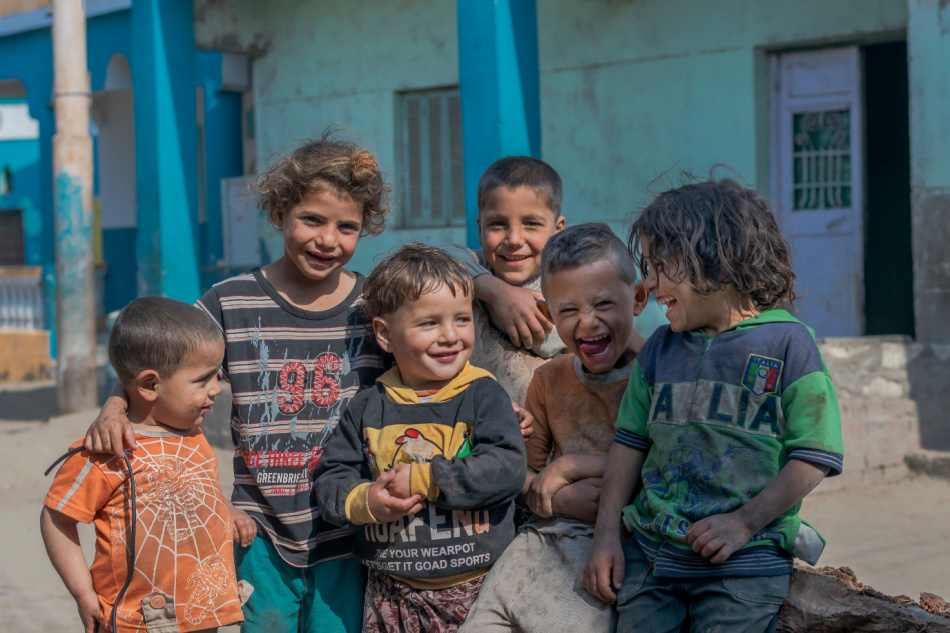A recent economic estimate predicts that the end of extreme poverty could be reached by 2050, thanks to economic growth in low-income countries.
According to a Center for Global Development (CGD) assessment, even though the Covid epidemic reversed some progress in eradicating extreme poverty and new obstacles may emerge, the damage may have a relatively limited impact on the overall trajectory of economic growth.
“We know the world will look very different in 2050,” said Charles Kenny, a senior scholar at CGD and one of the report’s authors. “But we can’t let it overshadow the fact that continued economic growth should leave almost no one in the most desperate poverty that was the lot of the vast majority of humanity for most of history, albeit decades after it could have been eradicated.”
More steady jobs and income
According to Kenny, inequality and poverty are likely to persist, but stronger growth should mean that most people have steady jobs and incomes rather than being dependent on precarious informal labor or subsistence farming. He went on to say that by 2050, no country will be considered low-income, which is now defined as having a GNI per capita of $1,085 or less.
Kenny, author of the book Growing Better: Why Global Development is Succeeding, explained that he and co-author Zack Gehan used historical data on income, demographic changes, education, and temperature to estimate the future form of the global economy.
Extreme poverty, defined as living on less than $2.15 per day, is expected to fall to 2 percent globally by 2050, down from over 8 percent in 2022. It would plummet from 29 percent to 7 percent in Africa, where it is currently the highest.
By 2050, more than two-thirds of the world’s population might be living on more than $10 per day, up from around 42 percent currently.
The authors expected that high-income countries would have substantially slower development over the following two decades, with GDP per capita increasing by only about 20 percent from 2019, while low and middle-income countries would double.
Do the right thing
Rathin Roy, general director of the ODI global affairs Think tank, previously the Overseas Development Institute, said Kenny’s projections were attainable “if everyone does the right thing”.
“Something you see for the last 100 years has been that people have not done the right things,” he said. “For most of my adult life global poverty reduced, until three years ago and then began to increase because of a variety of factors, including importantly the Covid pandemic, but other things as well. And getting it reduced again is proving very difficult.”
According to Roy, it is critical for governments to care for their least fortunate citizens. The fact that poverty endures in countries such as the United Kingdom and the United States demonstrates that economic progress is simply not enough.
“Just attaining high levels of income is not enough. If it were, children would not be going hungry to school. People would not be suffering because of lack of medical attention and losing jobs. And you wouldn’t have the kind of destitution and homelessness and the sort of food banks you see in a country with per capita income of $44,000,” he said.
Forecasting the future of the world’s economy, according to Kenny, is essential because it allows policymakers to consider how concerns such as poverty or military spending could look in the future and tailor policy considerations accordingly.











